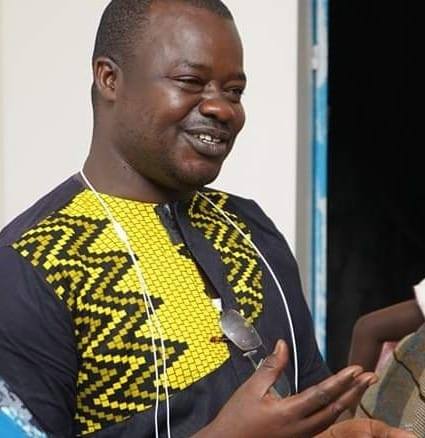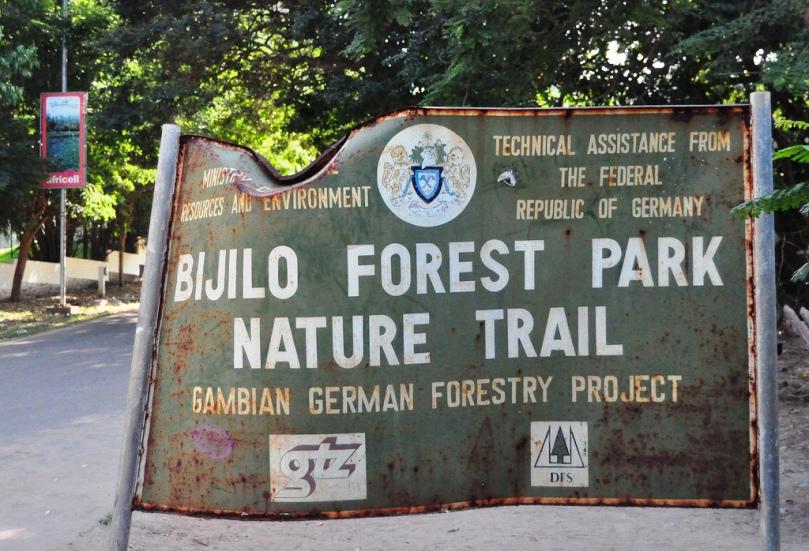Musa Bah
The debate about the (non)inclusion of the word secular has been raging on since the publication of the new draft constitution by the Constitutional Review Commission (CRC) and in some quarters, at least, it seems to be degenarating into an ‘us’ and ‘them’ religious conundrum.
This, in my humble opinion, is not a good thing for the nation and engenders no good outcome. As such, voices of conscience from both sides of the divide, should weigh in and ensure that we, as a nation, come out of it unscathed. A descent into an open confrontation between different segments of society will not be good for any one.
For as long as we can remember, the Gambia has been a multicultural, multireligous society which has existed in peace and harmony without any major rifts. This is evinced by the fact that strong bonds of friendship, and sometimes relationships, exist among adherents of the different religions that we have in the country.
When it is time for Koriteh or Tobaski, the festivities go across religious lines and everyone is in a celebratory mood. Similarly, during Easter or Christmas celebrations, everyone celebrates as if we all belong. This has been the case for long and it is imperative for us to maintain this tradition if we desire to continue to be a beacon of peace in the world.
We have seen a lot of interaction between Muslims and Christians for instance. I myself have been invited to a Church service by a Christian friend which I honoured. I went and attended the service till the end and then went home. It did not make me a Christian but cemented the relationship between that community and me. It showed them that I am not aloof, holding the view that I am better than them in anyway. We just happen to belong to different religions. There is something we all have in common: humanity!
Personally, I firmly believe that the Gambia should be declared a secular state. This will mean that the State has no particular religion and will be totally nuetral in matters of faith. This will promote the separation of State and religion and equality between the various people of our land. This does not in any way discourage the practice of religious rites. In fact, most of the teachings of religion – be it Islam or Christianity – can be practiced without State legislation. What harm will it therefore do to declare the Gambia a secular state?
In this way, people of all religions will see themselves in the constitution and be proactive in their participation in the governance of the country. The State will become of all, and for all. Everyone will then be allowed to practice their chosen religion without interfering with the others. This way, justice will prevail and where justice prevails, peace prevails.
Another concern I have with regards to the new draft constitution is the inclusion of a ‘Shariah Court’. To me, there is no need to have a Shariah Court in our Constitution. A secular constitution and other laws is quite sufficient. As I have said earlier, the majority of religious teachings can be practiced without State legislation.
Therefore, the state should be the State and religion be religion. If any one has a dispute, if they so wish, they can use their religious teachings to resolve them without the interference of the state. If however, rights are violated then the aggrieved party can resort to the conventional courts of the land and seek solution.
The reason Shariah Court will be problematic is that there are different interpretations of the Shariah among the many varied sects in Islam. Whoever is appointed judge in those courts is bound to come from one sect or the other which will make him lean on his sect’s interpretation.
This may not favour someone from another sect and this can cause disputes which may end up violating people’s rights. Additionally, this will present an avenue for abuse of the rights of some individuals. To avoid that, the Shariah Court should just be left out.
As I am no lawyer, this write-up is just the thoughts of an ordinary citizen and aims to start a conversation on this very important issue in the country right currently.





